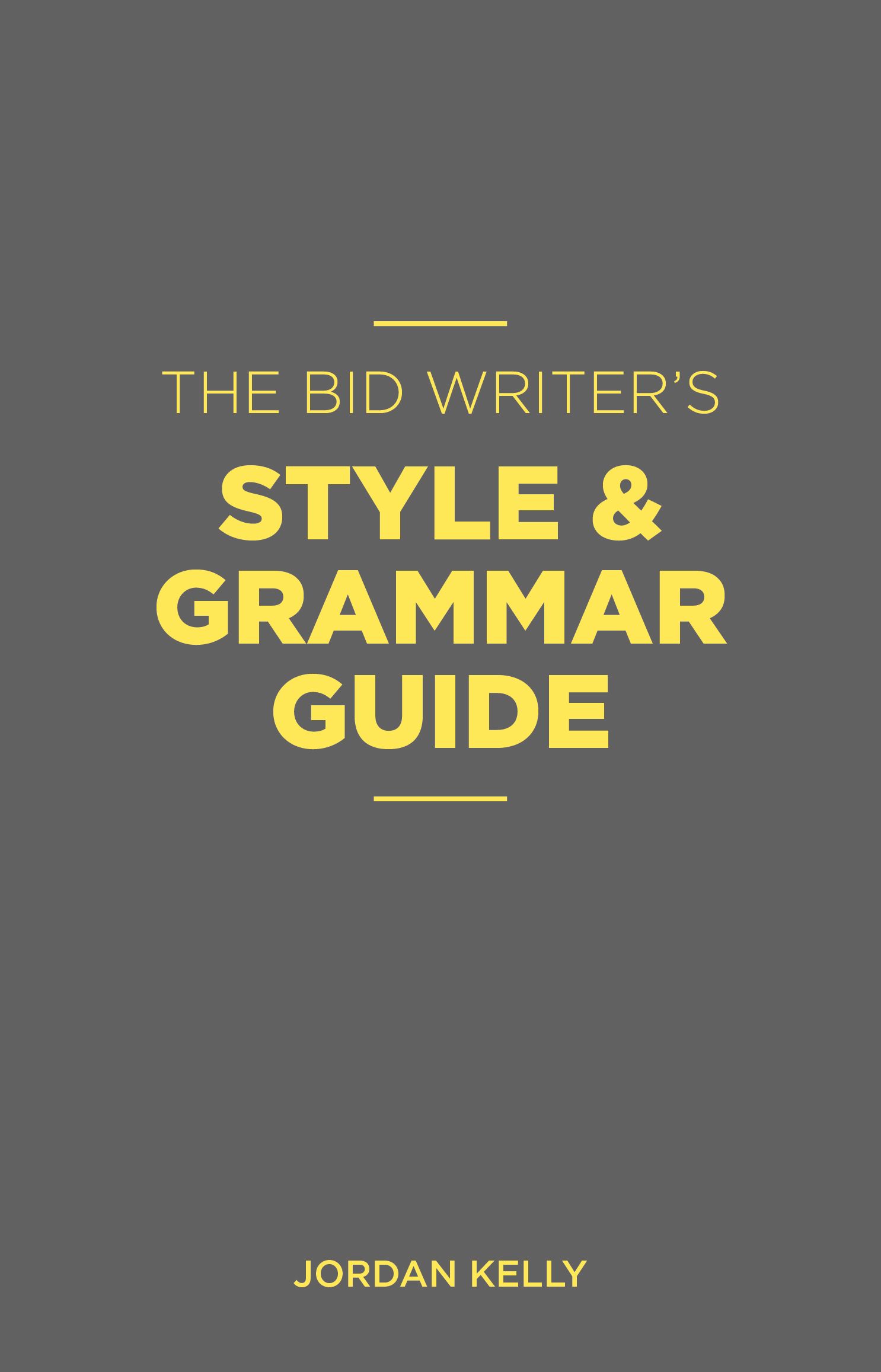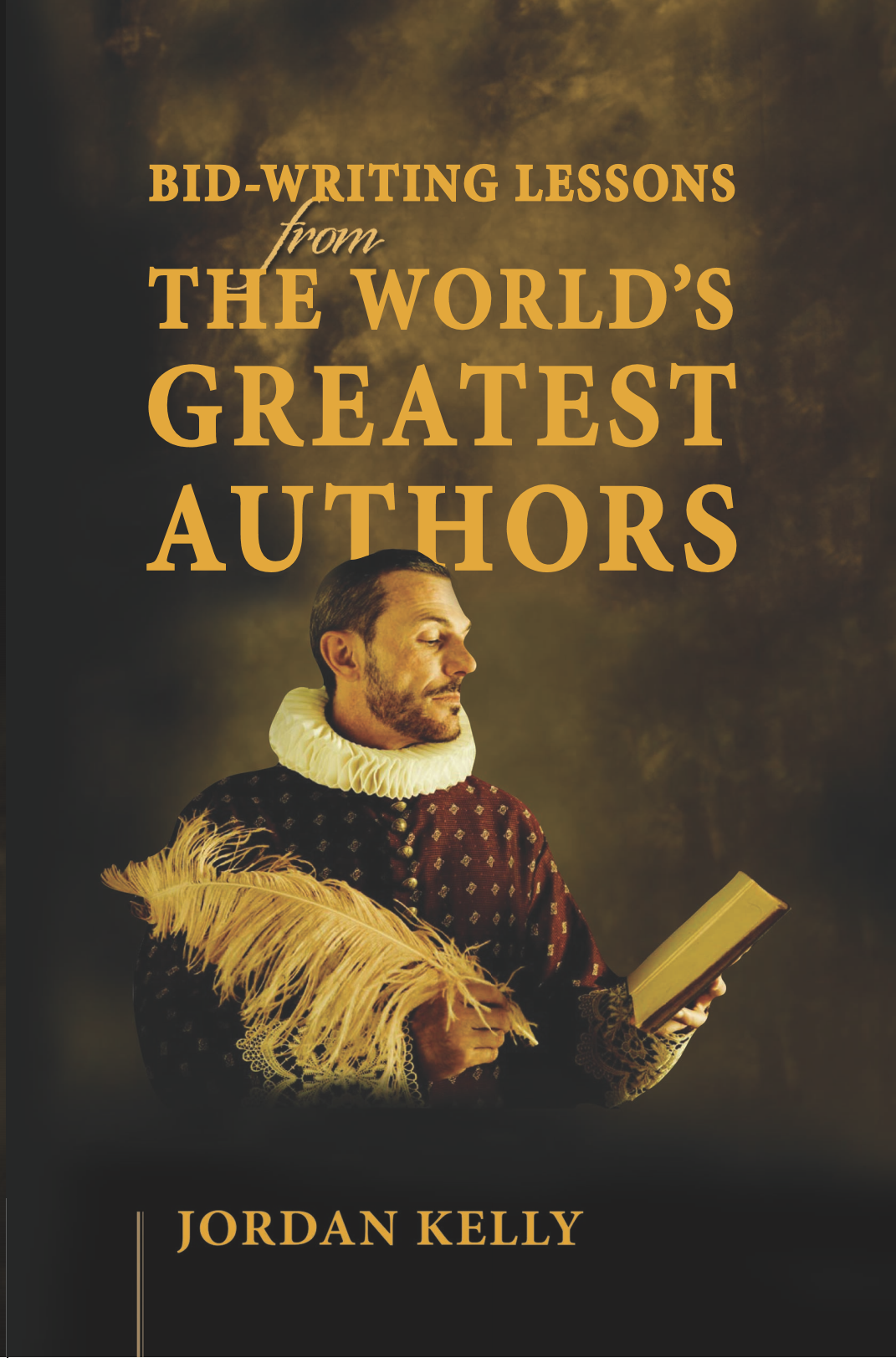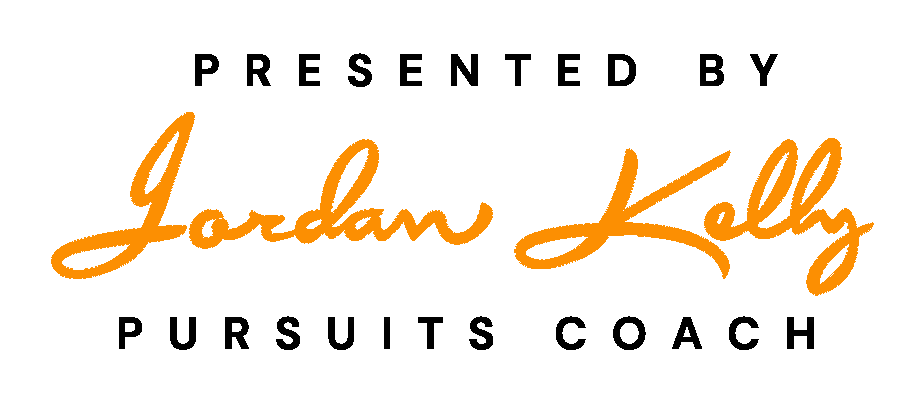CATEGORIES:

Have you ever had the demoralising experience of being engaged in a phone conversation with someone who suddenly starts shuffling papers, filing or (worse still) reading and responding to an unrelated email?
If you were sufficiently forward as to protest and the other party sufficiently ignorant as to persist with his or her other activity, he or she would no doubt have given you the “I can multi-task” line. But I’ll wager it was obvious to you that, at best, your “multi-tasking” conversation partner was hearing only sporadic soundbytes of your end of the conversation.
It’s a neurological fact that the brain can focus on only one matter at a time. It might flit between subjects, issues and conversations . . . but it can concentrate properly on only thing in any given moment.
In his recent best-seller,
‘The Organized Mind’, neuroscientist Daniel J. Levitin produces evidence to underscore how minimising the attention devoted to any one thing (the natural consequence of trying to spread one’s concentration amongst several things) dramatically decreases the quality of attention both to that and to everything else on that individual’s plate.
Conversely, conceptual and critical thinking, along with insight and ingenuity, Levitin stresses, happen only when we screen out distractions and properly focus.
Already, it’s pretty obvious how the nonsense practice of “multi-tasking” negatively impacts not only the quality of critical submissions, but every process that feeds into their production.
As a bid strategist and coach, here are just two of the key processes that I regularly witness being adversely affected:
- Participants in strategy workshops insisting on reading and responding to emails and text messages . . . switching off to the thread of fast-moving, group conversations and thus forgo-ing their understanding of, and input into, the evolving bid strategy.
- Section authors and other writers interrupting their flow of writing inspiration to answer emails and their own incoming phone calls. (If professional authors feel the need to shut themselves away in order to place their full and uninterrupted focus on the piece they’re working on, why would someone who doesn’t write for a living feel they can produce a quality written output while “multi-tasking”?)
Aligning with my cynicism over the concept of “multi-tasking” proficiency, Stanford University researchers have found that “multi-taskers” (a) have difficulty organising their thoughts and filtering out irrelevant information, and (b) are actually slower at them, with their switching from one task to another (versus those who stay focused on one activity until it is satisfactorily completed).
Potentially, there’s also evidence that multi-tasking lowers one’s IQ. A University of London study found participants who multi-tasked during cognitive tasks experienced compromised IQ score declines similar to what might be expected had those individuals smoked marijuana or stayed up all night.
Coming back to bidding. When you’re otherwise throwing everything at a must-win, high-stakes bid, why go at it with diffused mental energy? To do so argues with every claim you make – to yourself, to your bid team colleagues, and to the potential client – as to the importance of victory.
BID-WRITING LESSONS FROM THE WORLD'S GREATEST AUTHORS
(Book)
Learn the secrets, skills, philosophies and practices of history's literary greats . . . and exactly how these apply to bid strategy and bid writing.
THE BID WRITER'S STYLE & GRAMMAR GUIDE

(Book)
First and foremost a guide to precision-based written articulation, this book also provides tuition on many other basics of compelling bid-writing (including on strategy, as the essential foundation of a high-quality proposal document).



